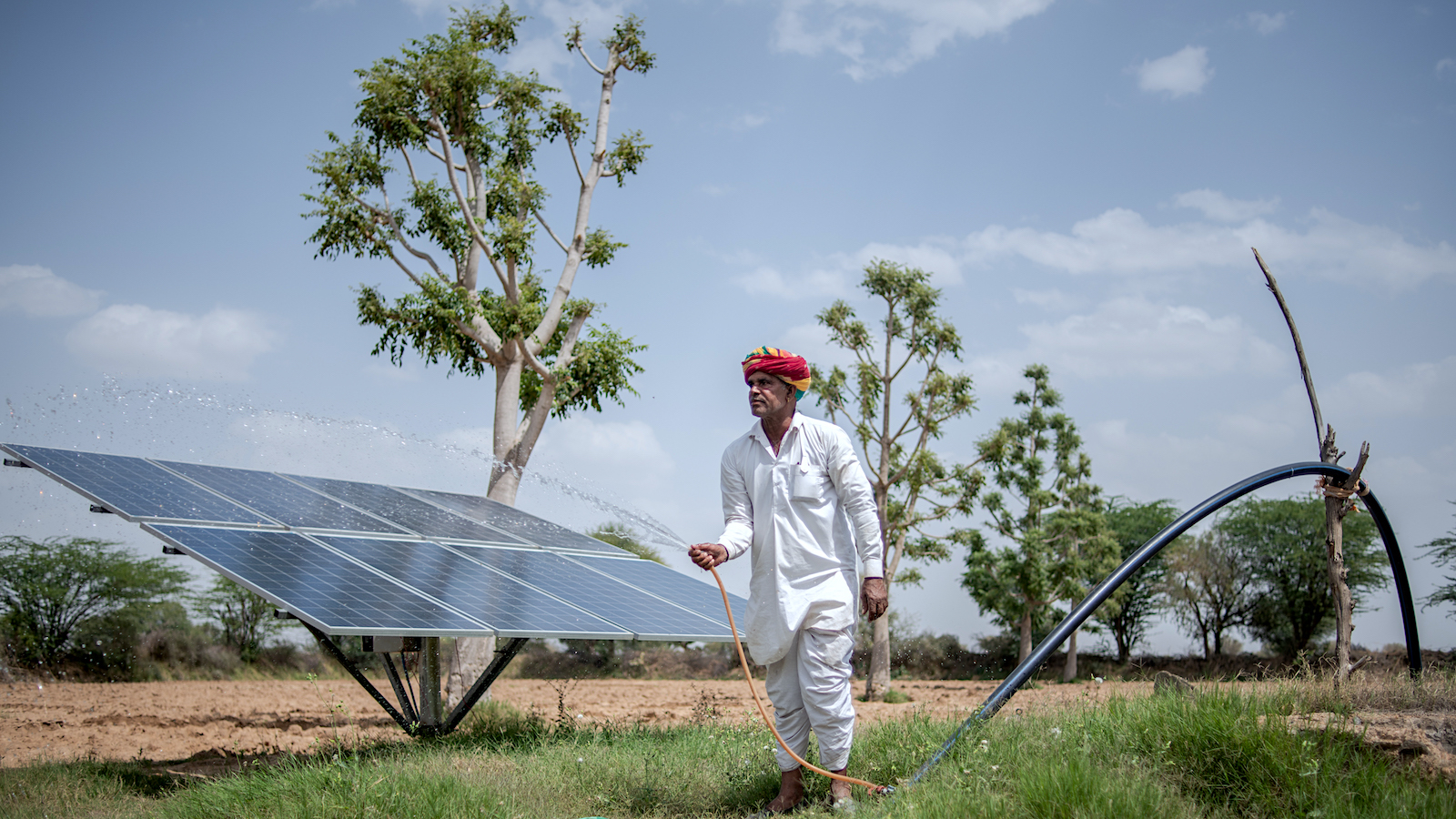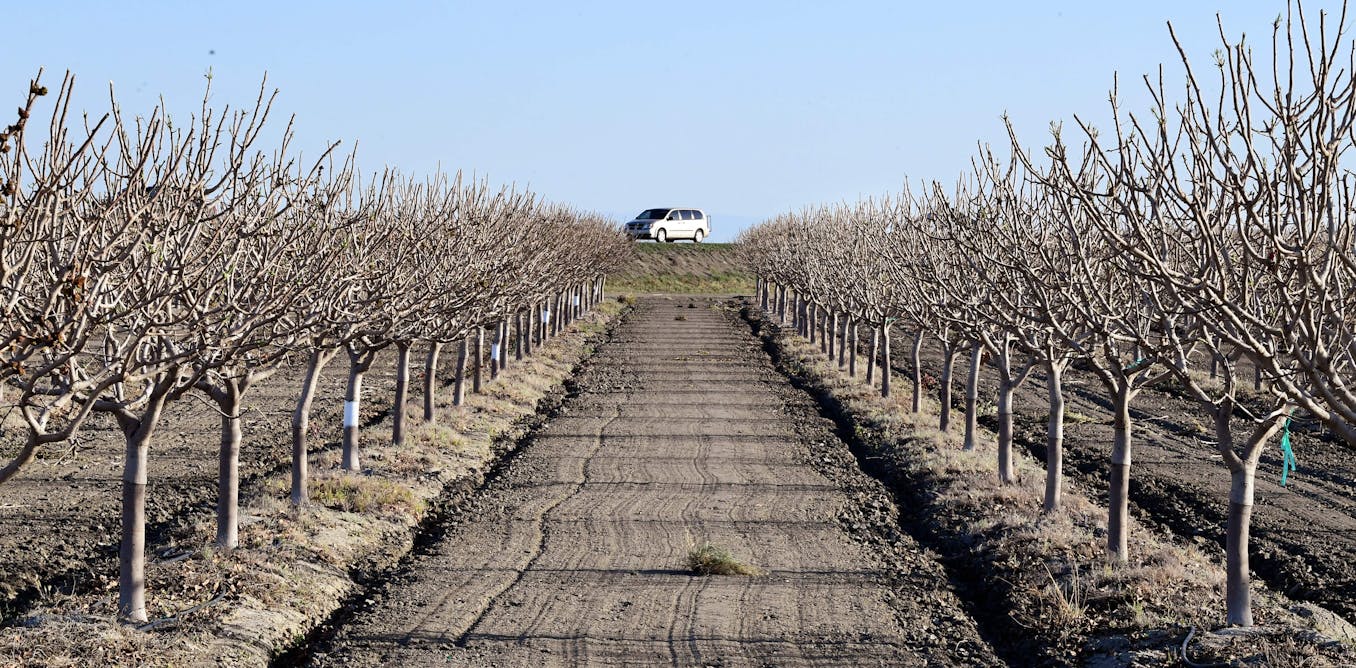"nuclear is safe"
GRAND CANYON URANIUM MINING
"The public lands surrounding #GrandCanyon National Park contain high concentrations of uranium ore. Mining bores deep into vertical rock formations called 'breccia pipes,' making #uranium soluble to #groundwater and risking pollution to Grand Canyon’s biologically rich springs. They then leave most of the removed material in #tailing piles that contribute to #water and #air #pollution.
"Because #UraniumMining is not consistently profitable, these mining operations are often abandoned for decades at a time — without any oversight or continued maintenance of the work area.
"Large drilling sites, tailing piles and mines are often left open to the forces of nature — leading to leaks into #groundwater, dispersal of #airborne uranium pollution and #dust, and unsafe conditions for recreational visitors to public lands. And if and when these old mines are cleaned up, the cost burden usually falls on the American public.
"Even more disconcerting is the #toxic legacy left on public lands and sacred #AmericanIndian sites. Iconic landscapes have been marred, and sources of drinking water remain polluted. Manmade ponds containing uranium-contaminated water are left uncovered and used by native #birds and other #wildlife. These mines affect #abitat for more than 100 sensitive species, including #muledeer, #mountainlions, imperiled #Californiacondors and highly endangered native #fish.
"#Groundwater #pollution has the potential to seep into underground #aquifers used for drinking water and into seeps and springs that are the lifeblood for animals in the arid Grand Canyon region.
"The Center for Biological Diversity opposes all uranium mining near Grand Canyon. Over the past decade, we have worked through the courts, through Congress, with the president and in the media to prevent new uranium mining and force the closure and cleanup of old uranium mining sites. To date we have been successful in securing and defending a ban on new uranium mining claims for 20 years on the doorstep to Grand Canyon National Park and have pushed back the reopening of old uranium mines through aggressive litigation.
Our work continues today.
"We've submitted a legal petition to the Forest Service and Bureau of Land Management asking them to update old uranium-mining regulations that don't adequately protect #PublicLands, tribal communities and human health.
"We're supporting a campaign to designate a monument that would permanently ban new uranium mining on 1.7 million acres of land that contain the sacred sites of many American Indian tribes, habitat for endemic and endangered species, and tributaries of the #ColoradoRiver.
"And we're fighting existing uranium mines, and the efforts of the mining industry to roll back existing protections, in federal court."
https://www.biologicaldiversity.org/programs/public_lands/mining/Grand_Canyon_Uranium_Mining/index.html




